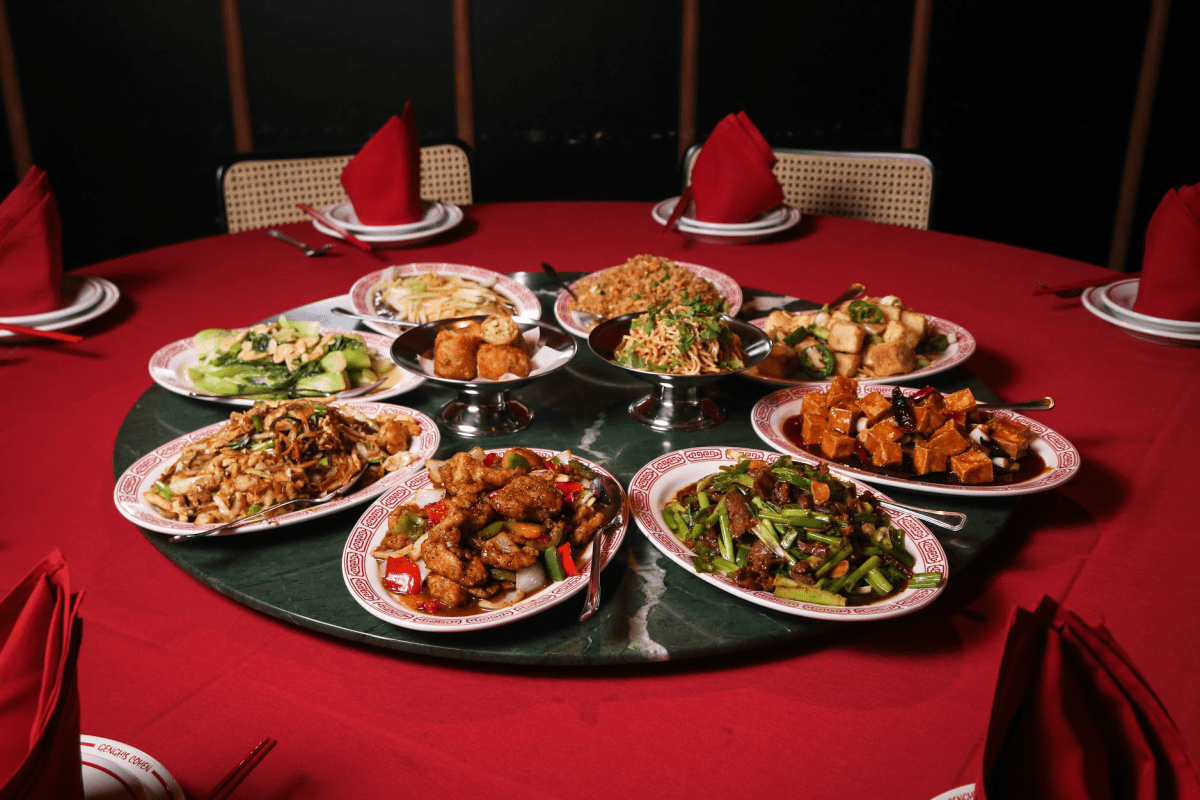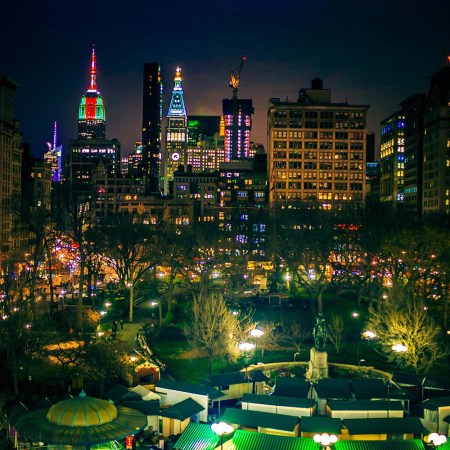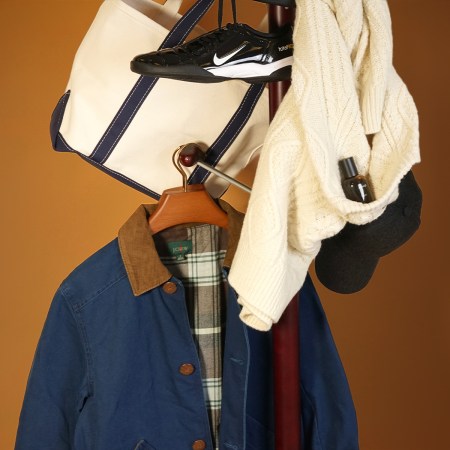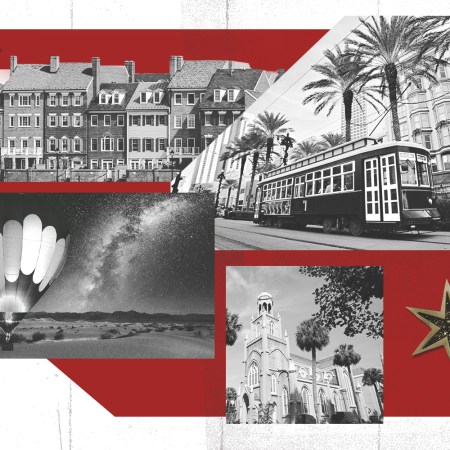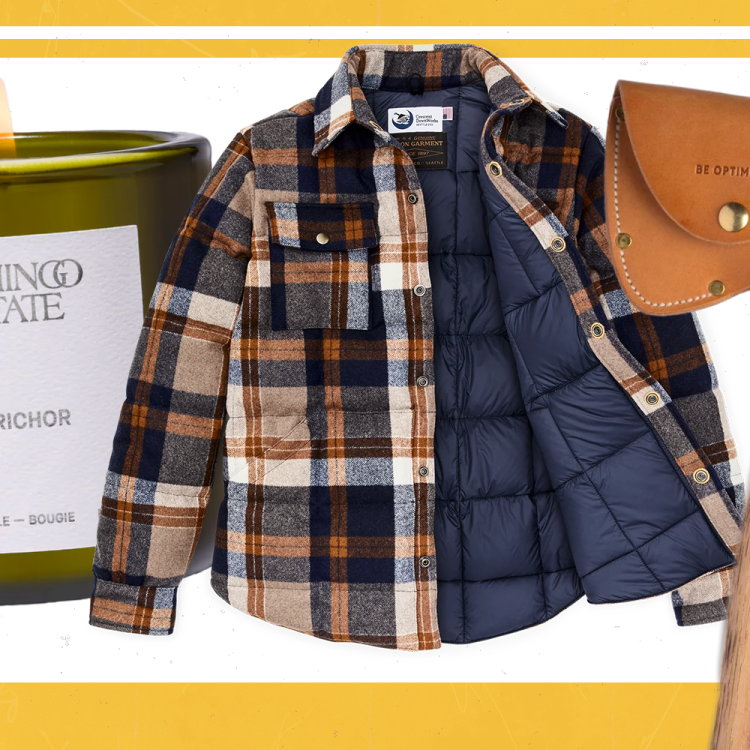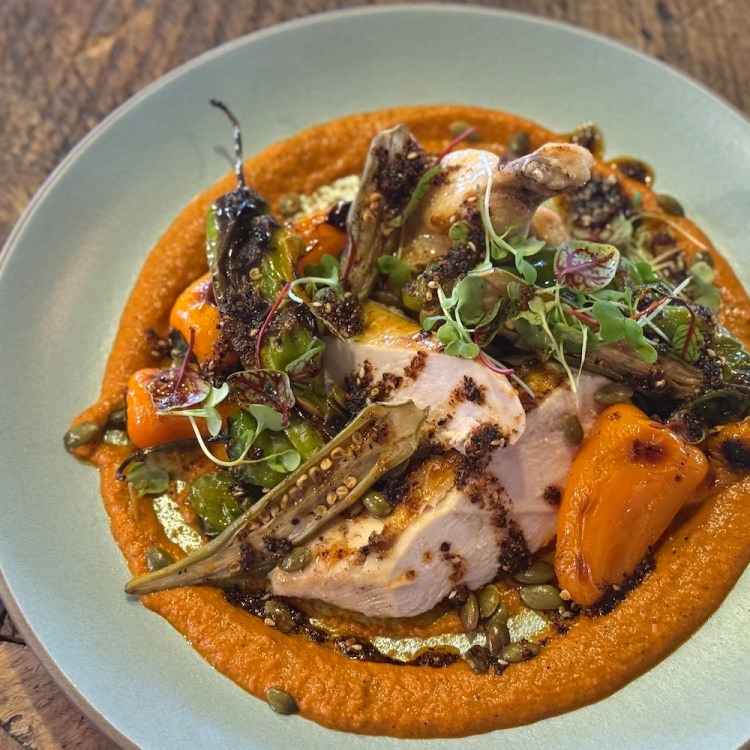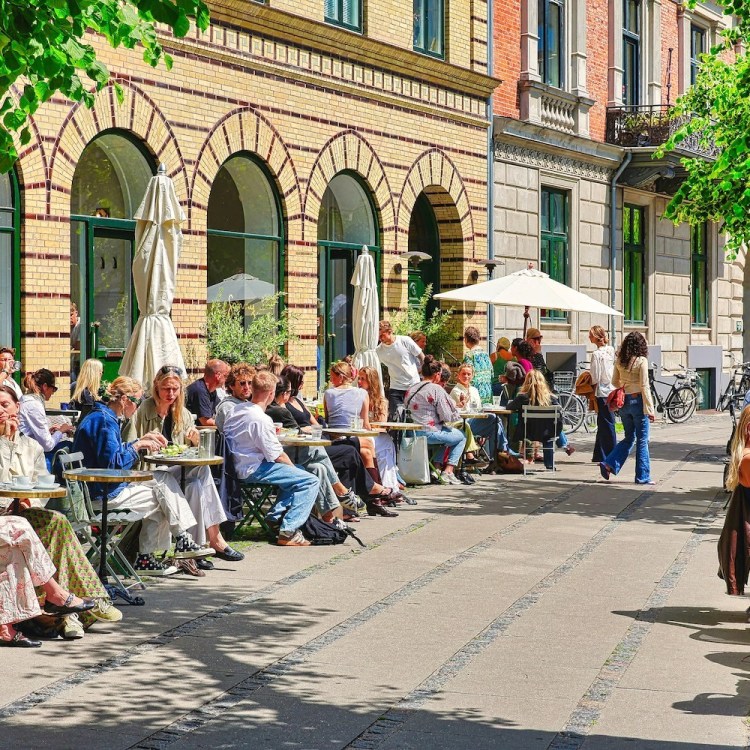There’s a scene in Woody Allen’s movie Deconstructing Harry in which he is speaking to his sister about their Jewish heritage. She’s religious; he, obviously, isn’t. The scene is peppered with blistering barbs (see for yourself), but there’s one that stands out. He calls her beliefs superstition, and she defends them as tradition, prompting his rather sharp retort: “Tradition is the illusion of permanence.”
In that moment, Allen blithely glosses over a core conflict that exists within most of us: that change is at once healthy and the thing people struggle most with in their lives, that each generation wants something new and different from the previous one while simultaneously seeking out the comfy confines of its own brand of nostalgia.
Christmas is a prime example of this. Certain news outlets will crow about store clerks not being permitted to greet customers with “Merry Christmas,” but according to a Pew Research poll, most Americans don’t actually care much about it. The figure echoes a greater decline in religiosity in America: a more recent Pew poll reported that 65% of Americans identified as Christian in 2018, down from 75% in 2009, with a similar trend reported among America’s Jewish population.
But that doesn’t mean that anyone — Jews included — is ready to shed their holiday cheer. Christmas is enjoyed by nine out of 10 Americans, regardless of faith. People are coming to see it more as a cultural holiday than a religious one, and in big cities like L.A. and New York, this is perhaps most visible at Chinese American restaurants.
“It’s our Super Bowl,” says Marc Rose, co-owner of Genghis Cohen. Rose’s partner, Med Abrous chimes in, “It’s amazingly impressive how a humble Chinese restaurant can become one of the hardest reservations in all of L.A. in a two-day span.” He goes on to say that people make this reservation as early as January. “Juice bars are busy on New Year’s Day, chicken wing places are busy for the Super Bowl, but Christmas Eve and Christmas Day? That’s our time to rock,” says Rose.
Obviously the name Genghis Cohen is a pun hinting at America’s long and storied Sino-Semite connection, which dates back to the late 1800s, when Jews on the Lower East Side of Manhattan found a culinary bedfellow in the neighboring hood, Chinatown, then in its infancy. Being cultural outcasts often meant they couldn’t patronize gentile establishments, so Jews began frequenting Chinatown restaurants on Christian holidays because they were open. It didn’t hurt that the Chinese don’t use dairy alongside their meats, which made it reasonably Kosher. This tradition has grown into something of cultural trope come holiday season, perhaps most memorably in the classic holiday film A Christmas Story.
Both Rose and Abrous grew up in Manhattan and have fond memories of visiting Chinatown around the holidays. The two moved to L.A. 19 years ago, and have since opened The Spare Room and Winsome (which is moving to Playa Vista), along with handling food-and-beverage operations for the Graduate Hotels in Seattle, Nashville and New York.
Four years ago, they were told about a space on Fairfax that was for sale. They had no idea it was Genghis Cohen. “We didn’t realize it,” says Rose. “Med and I were such huge fans of Genghis Cohen. Being New Yorkers, understanding the nostalgia of what a restaurant like that is, and what it has been to Los Angeles.”
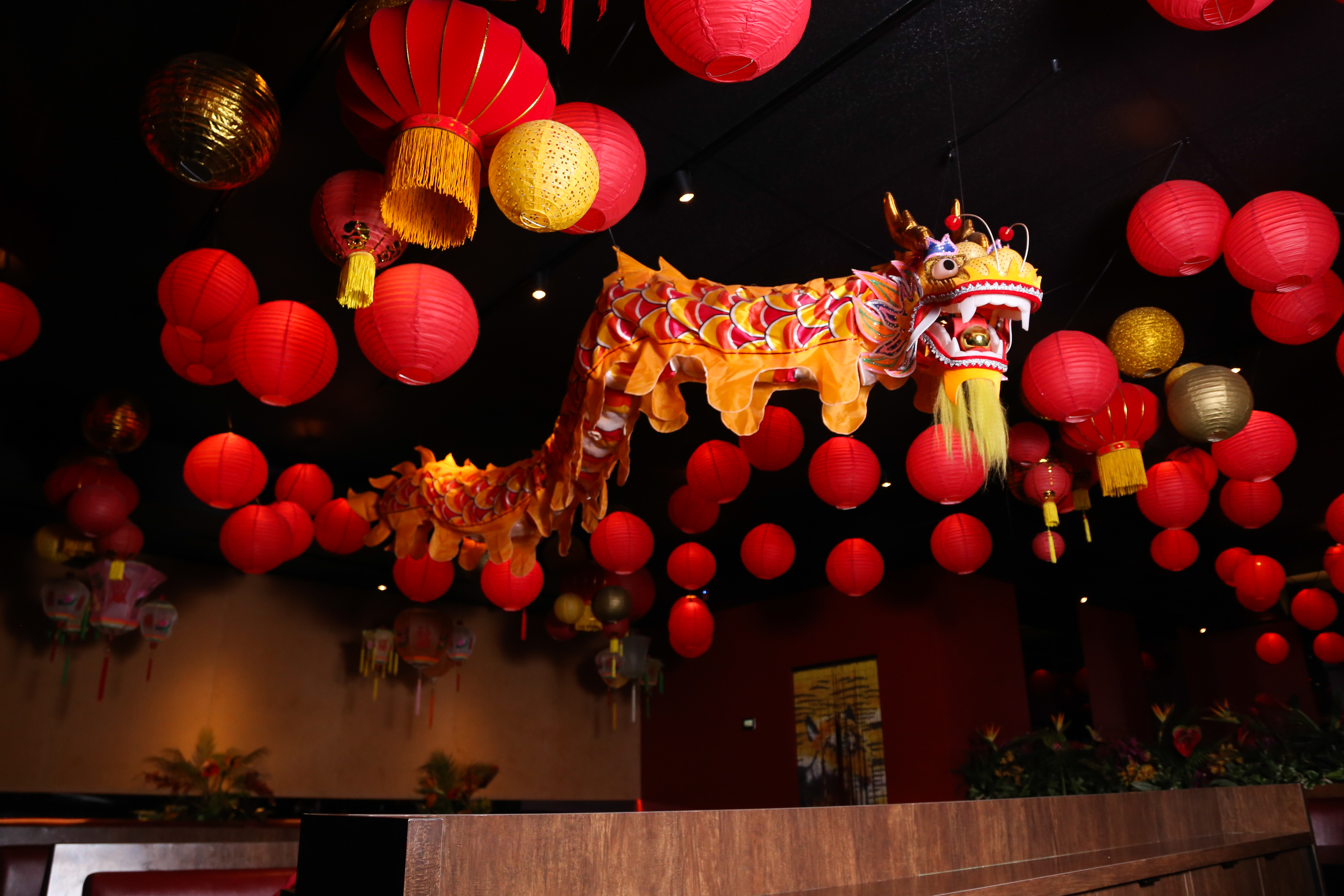
Genghis Cohen was started by Allan Rinde 36 years ago. Rinde was a music producer, hence why there’s a performance space there for young bands and comics that’s still going strong to this day. He eventually sold it to the maitre’d and his wife (Raymond and Stella Kui), who ran it until Abrous and Rose stepped in.
Knowing that the restaurant had a fiercely loyal following, they never shut it down, even during the renovations. “We wanted to change some of our vendors,” says Rose. “We started buying some produce that was organic, upping the ingredients slightly, but keeping the same solid recipes that they’ve been making for years.” They also updated the decor, hoisting lanterns and a dragon onto the rafters, bringing in cherry-red leather booths and placing a round aquarium at the entrance. They also elevated the bar program with an award-winning mixologist from The Spare Room who makes juice-forward cocktails like the Hebrew School (a mai tai with scotch, rum, pineapple and a float of Manischewitz) as well as contemporary twists on classics (like a bloody mary with green chile vodka and Chinese mustard).
Rose recalls that they actually got their liquor license on the day of Genghis Cohen’s anniversary. “It was kismet,” he says. “And customers came up to Med and me, saying, ‘Thank you, this is awesome.’ That’s when we knew that we did it right.” The restaurant is busy year-round, and, like most places these days, does a healthy delivery business, especially on Christmas.
“I don’t think that it’s just a Jewish thing anymore,” says Abrous. “I think people really embrace the fact that Chinese food is the original shared family-style way of eating.” That their following has remained loyal is a testament to their stewardship as much as it is tradition. Even when I met Abrous for dinner on a casual Tuesday night — convening over crispy egg rolls dipped in sinus-clearing mustard and a Queen chicken with broccoli that was fresh enough to rise above the rich sauce — the place was packed throughout the dining room, bar and venue space. But on Christmas Day, the 88-seat restaurant does more than 600 covers, serving some 800 egg rolls, 1,500 dumplings and 500 quarts of soup.
The idea of Jewish Christmas — or something like it — will only gain speed in the coming years. Beyond a declining appetite for religion, Millennials and Gen Z are also often credited with valuing experiences over things, and of those experiences, dining out in large groups ranks near the top of the list. For that matter, Chinese American food has serious lasting power. It’s the perfect symbol for America’s immigrant culture, encapsulating a love of shared dishes and lively, often kitschy environments. And it all blends together seamlessly on a holiday whose traditions are as much pagan as they are Christian, and for many, continue to evolve to this day.
Every Thursday, our resident experts see to it that you’re up to date on the latest from the world of drinks. Trend reports, bottle reviews, cocktail recipes and more. Sign up for THE SPILL now.
